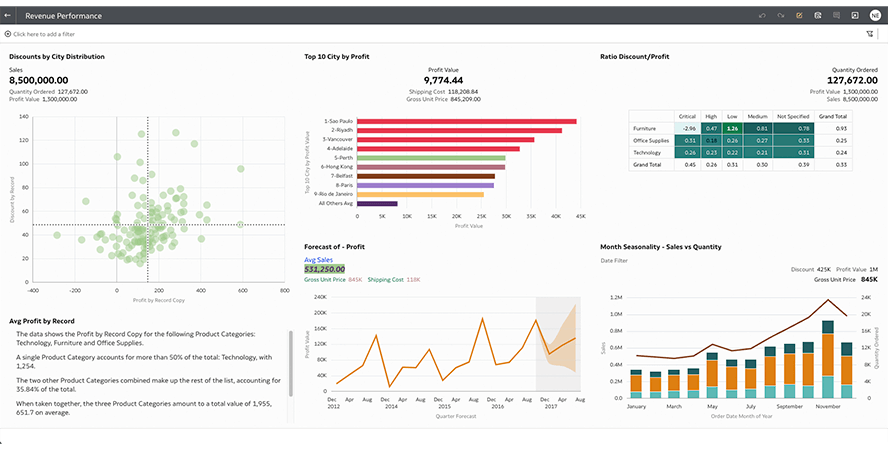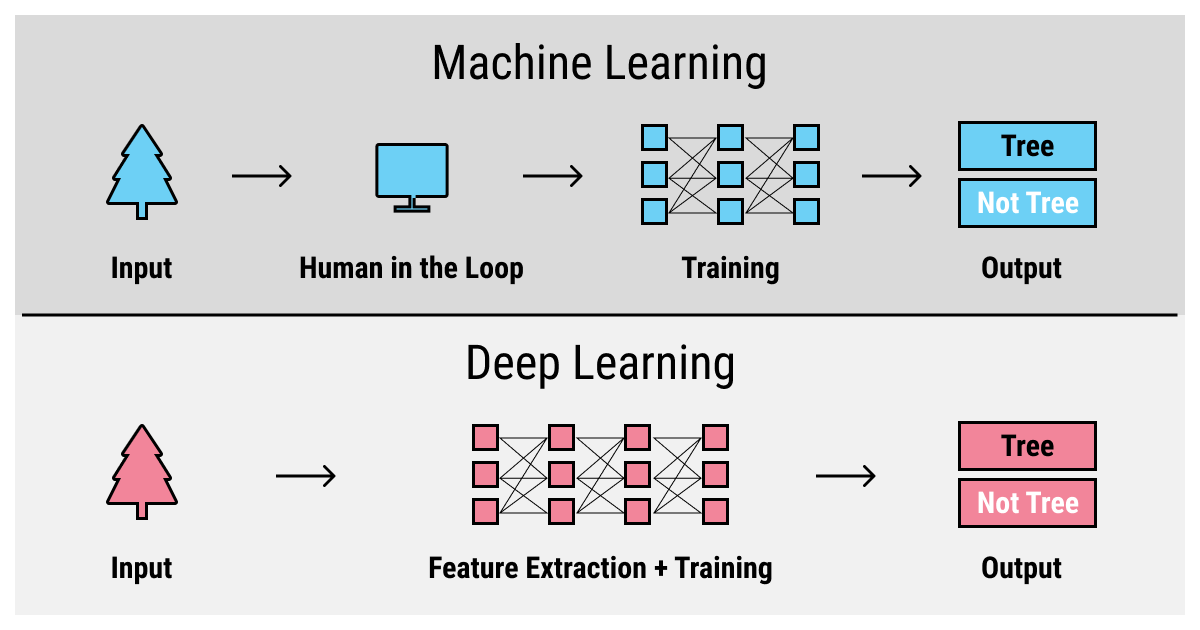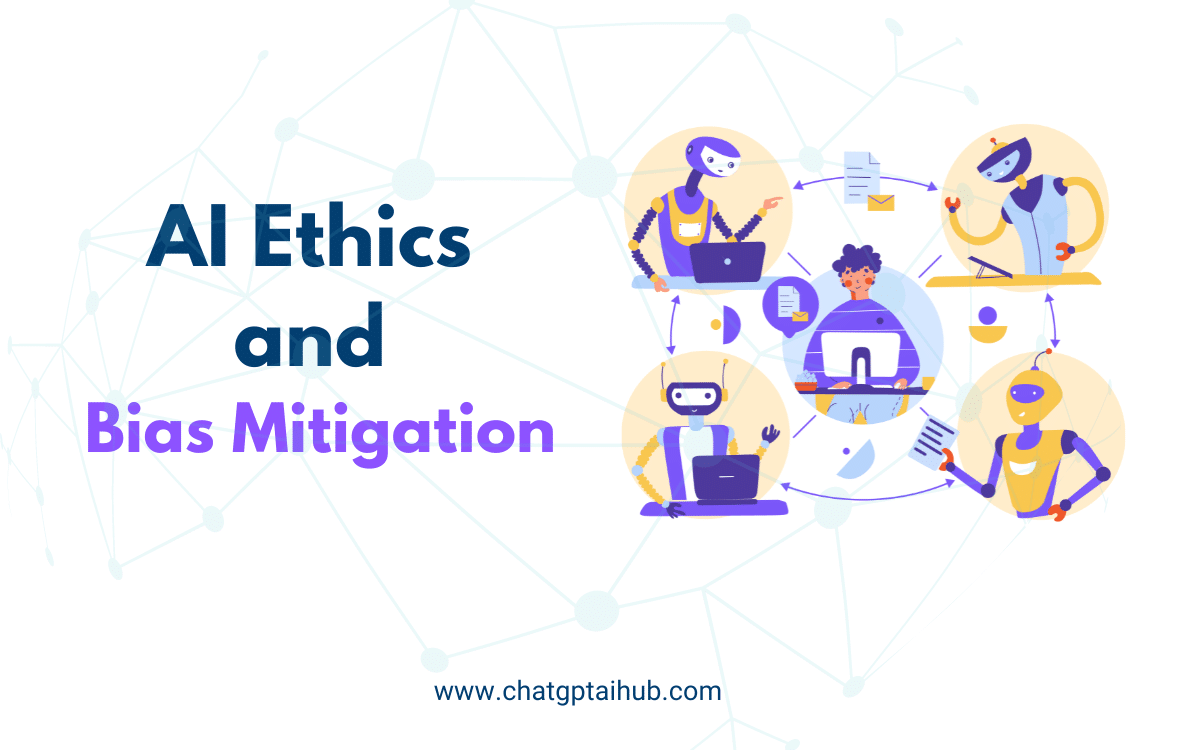AI Skills Beyond ChatGPT: What You Need to Future-Proof Your Career
As artificial intelligence continues to reshape industries, workplaces, and the global economy, one thing is clear: AI skills are no longer optional—they’re essential. While millions have learned to interact with tools like ChatGPT, true career resilience in 2025 and beyond demands a much deeper, broader AI toolkit. Here’s why, and which skills you should focus on to stay ahead of the curve.
Advanced AI Skills for Career Resilience
AI is rapidly automating repetitive tasks, optimizing business processes, and unlocking new opportunities for innovation. From content creation and marketing to healthcare, finance, and manufacturing, professionals with advanced AI skills are in high demand. But as AI systems become more sophisticated, simply knowing how to use a chatbot won’t be enough to set you apart.
While basic prompt writing is widespread, mastering advanced prompt engineering—crafting complex, multi-step instructions for AI models—can help you extract more value from tools like ChatGPT, Claude, or Gemini. This skill is especially valuable for content creators, marketers, and educators.
Key Skills to Focus On
AI thrives on data. Understanding how to collect, clean, analyze, and visualize data is crucial for anyone working alongside AI systems. Skills in Excel, SQL, Python (with libraries like pandas and matplotlib), and data visualization platforms like Tableau can help you make data-driven decisions.

A foundational grasp of machine learning (ML)—including supervised and unsupervised learning, model training, and evaluation—will allow you to collaborate with data scientists, understand AI project workflows, and even build simple models yourself.
Knowing how to integrate AI tools into business workflows is a game-changer. Skills in using APIs, connecting AI models to other software, and automating routine processes with platforms like Zapier or Microsoft Power Automate are increasingly valuable.

With AI’s growing influence comes greater responsibility. Understanding AI ethics, bias mitigation, and regulatory compliance is vital for building trust and ensuring your work aligns with legal and societal standards.
Continuous Learning and Application
Platforms like Coursera, Udemy, and edX offer courses in AI, data science, and machine learning. Apply your skills by building small projects—such as automating reports, analyzing datasets, or experimenting with open-source AI models.

Your dedication to expanding your AI skill set will future-proof your career and open up new opportunities in the evolving landscape of technology and automation.










